- ‘Weaponisation of water neither sane nor acceptable,’ Sherry says after India approves hydel project on Chenab Dawn
- Indus Water Treaty put on hold, government clears another Chenab hydel project Times of India
- India approves 260MW Dulhasti…
Author: admin
-
‘Weaponisation of water neither sane nor acceptable,’ Sherry says after India approves hydel project on Chenab – Dawn
-
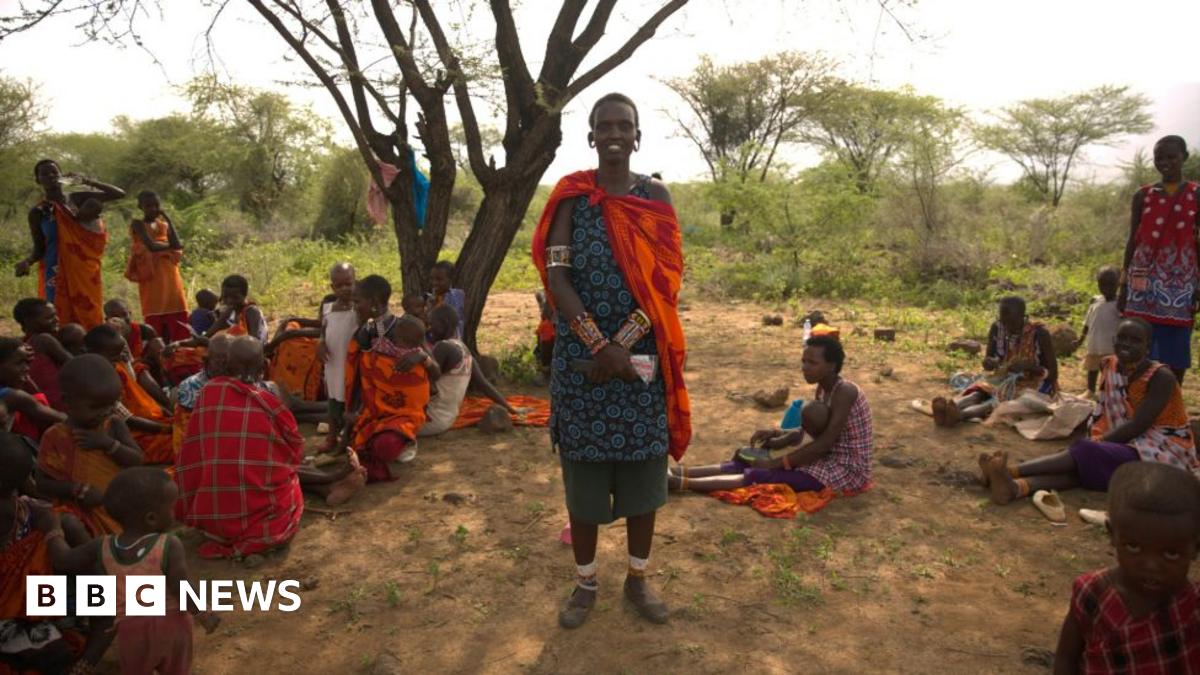
Somerset charity has helped women in Africa for 25 years
After founding the charity in 2000, they got involved in community tree planting projects in Kenya, Tanzania and Uganda.
“I realised this unmet need for family planning was a thing which kept people in poverty and was having an impact on the…
Continue Reading
-
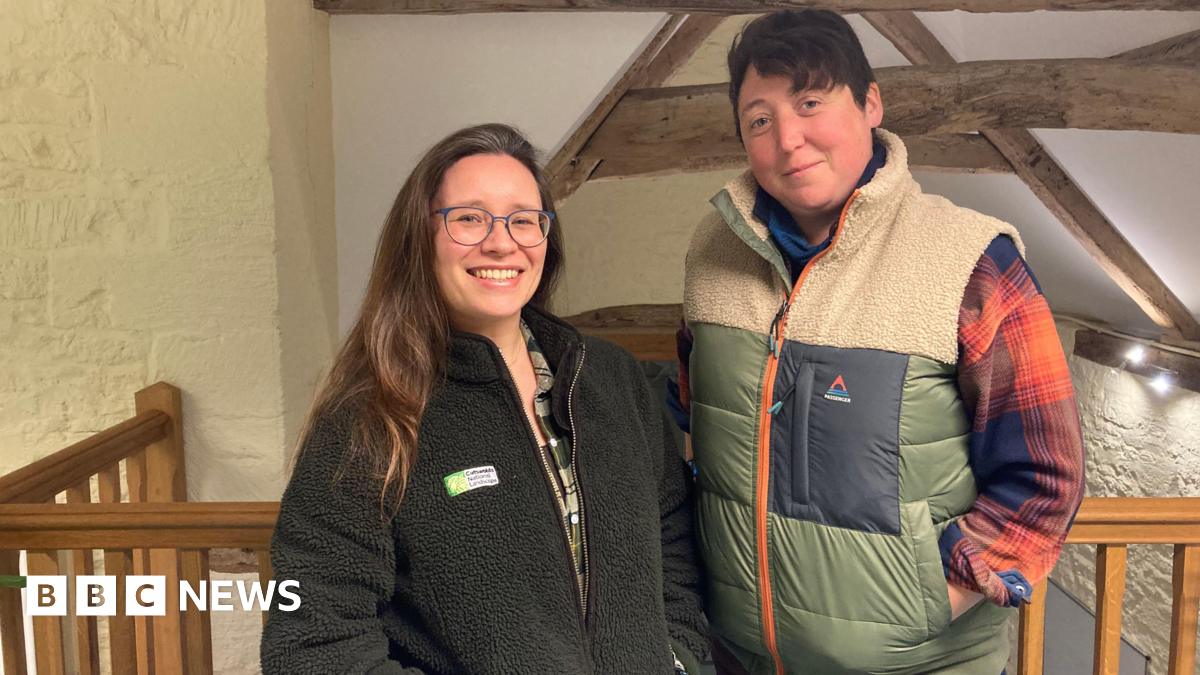
Cotswolds 60th year as AONB to be celebrated with film
The Cotswolds is the largest of 46 AONBs in the UK, and received its designated back in 1966.
The Cotswolds National Landscape stretches from Warwickshire and Worcestershire in the north, to Wiltshire and Bath in the south.
Land with AONB status…
Continue Reading
-
YouTuber Rajab Butt physically assaulted at sessions court in Karachi – Dawn
- YouTuber Rajab Butt physically assaulted at sessions court in Karachi Dawn
- Lawyers assault YouTuber Rajab Butt following appearance at Karachi court Geo News
- Pakistani YouTuber attacked inside court premises in Karachi Deccan Herald
- Rajab Butt…
Continue Reading
-
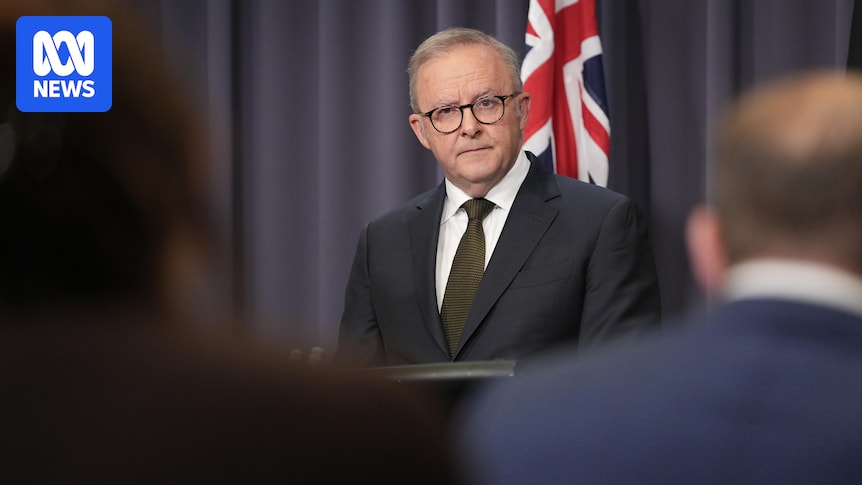
PM announces Bondi review details and resists call for royal commission
Prime Minister Anthony Albanese has announced the terms of an independent review of the Bondi Beach terror attack, resisting calls for a royal commission by victim’s families.
The review, led by Dennis Richardson AC, will examine the actions of…
Continue Reading
-

The Ashes: England bowler Gus Atkinson injured and out of fifth Test in Sydney
While England will definitely make one change for the series finale, Australia will also ponder alterations to their side after surrendering an 18-match unbeaten streak in home Ashes Tests.
Spinner Todd Murphy could come in for a pace bowler at…
Continue Reading
-

The Concorde spy who sold secrets to Russia
Mr Doyle was not the only person to potentially sell inside secrets on the development of Concorde.
In 1999, it was revealed a spy codenamed “Agent Ace” had also betrayed Britain.
The agent was an aeronautical engineer recruited in 1967, according to papers smuggled out of Russia by dissident KGB officer Vasili Mitrokhin.
It is thought Ace handed over more than 90,000 pages of detailed technical specifications.
The agent was one of more than a dozen spies operating within Britain and passing commercial and technological secrets to the Russians at the height of the Cold War, the papers revealed.
The secrets that made it out of Filton helped Russia build the Tupolev-144, nicknamed Concordski, and which was strikingly similar to Concorde.
It remains unclear whether Mr Doyle did, in fact, pass on the details he claimed to have done in the interview to the KGB or any other secrets about the Concorde programme.
For one, questions marks remain over why Mr Doyle was never prosecuted – despite admitting spying for Russia.
UK Parliament records seen by the BBC raised that very question on the 18 October 1971.
The Attorney General at the time said he had been consulted about the possibility of a prosecution under the Official Secrets Act, but a prosecution would be unlikely to succeed, based on the evidence, and criminal proceedings should not be started.
Continue Reading
-
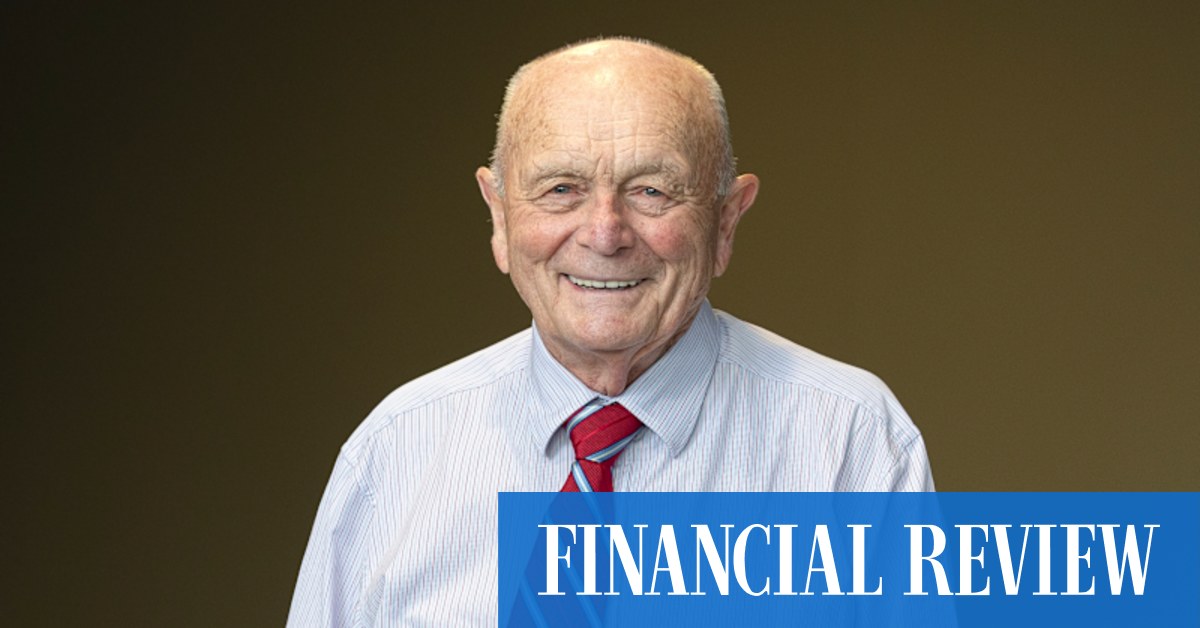
Gift cards surge boosts retail spending despite Black Friday competition
A surge in gift cards and vouchers is driving more customers into stores on Boxing Day, helping what has traditionally been one of the biggest sales for retailers compete with the increasing popularity of newer promotional events like the Black Friday and Cyber Monday juggernauts.
Gerry Harvey, the executive chairman of electronics and whitegoods giant Harvey Norman, said gift cards and vouchers now accounted for about one-fifth of all transactions, particularly on the other side of Christmas.
Loading…
Continue Reading
-
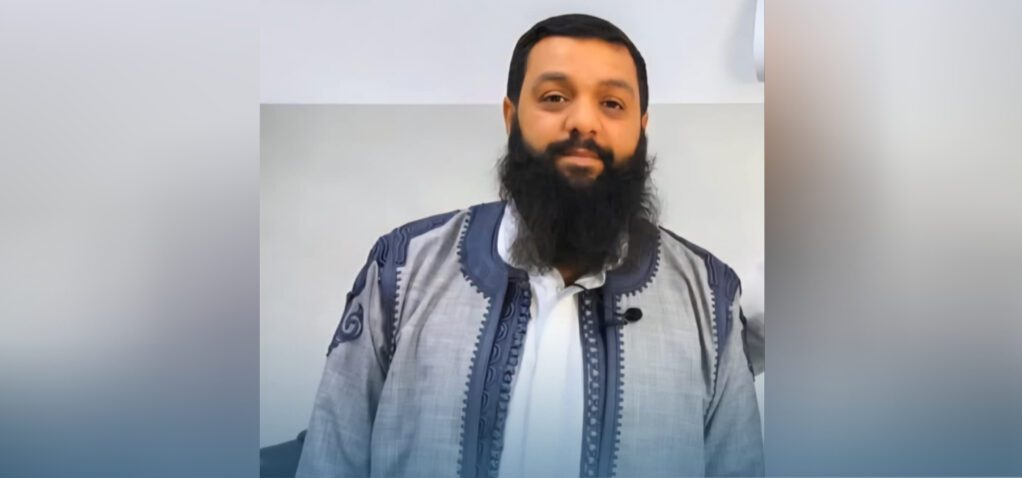
Captain of Veterinary Doctors in Al-Marj warns against the transfer of epidemics between poultry farms
Al-Marj – Marwan Al-Asbali is the head of the Veterinarians Syndicate in Al-Marj. He warned about inspection committees moving between poultry farms. They often fail to strictly adhere to biosecurity measures. This could spread epidemics…
Continue Reading
-

China signals tolerance for stronger renminbi
Unlock the Editor’s Digest for free
Roula Khalaf, Editor of the FT, selects her favourite stories in this weekly newsletter.
China has fixed the renminbi at its strongest level against the dollar in 15 months, a move that analysts say signals its tolerance of a gradual appreciation as its soaring exports stoke tensions with trading partners.
The People’s Bank of China on Monday set the renminbi at 7.03 to the dollar, the strongest fix since September 30 2024. The currency has strengthened by almost 4 per cent this year against the greenback but has weakened against the euro and other currencies.
The relative weakness of the Chinese currency has been a bugbear for American and European leaders, who see it as unfairly advantaging their exporters and contributing to China’s enormous trade surplus.
“It’s clear we’re seeing an acceleration in renminbi strength to the end of year,” said Mansoor Mohi-uddin, chief economist at Bank of Singapore. “They’re clearly allowing the currency to rise but in a controlled way.”
Prior to a trade truce agreed in October, US tariffs on Chinese goods were at one stage as high as 145 per cent. “Now as the tariff situation becomes a lot clearer and less troublesome, you see the currency begin the rebound,” said Mohi-uddin.
The renminbi spot rate, which can fluctuate 2 per cent either way around the PBoC midpoint fix, has strengthened in recent weeks.
The Chinese central bank, in a statement released last week in the wake of a Monetary Policy Committee meeting on December 18, pledged to “maintain the basic stability of the [renminbi] exchange rate at a reasonable and balanced level”.
Even as the central bank has allowed the currency to strengthen, “the PBoC is also becoming more resistant to gains in the [renminbi], especially as they approach 7 [per dollar], which is both a psychologically important level for the PBoC and for exporters,” said Mitul Kotecha, head of foreign exchange and emerging markets macro strategy at Barclays.
“Never gamble on a one-way appreciation” of the renminbi, the state-owned Shanghai Securities News said in an article published on Monday.
Analysts doubted the PBoC would allow an appreciation that would undermine its export powerhouse economy, given its 5 per cent GDP growth target.
“The golden goose has been the exports trend, which has been the biggest contributor to growth this year,” said Kotecha.
He added that having a strong currency at a time when other drivers of growth, such as housing, are particularly weak will make it “tough for China to achieve its growth targets”.
Continue Reading